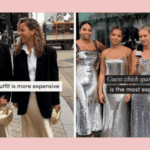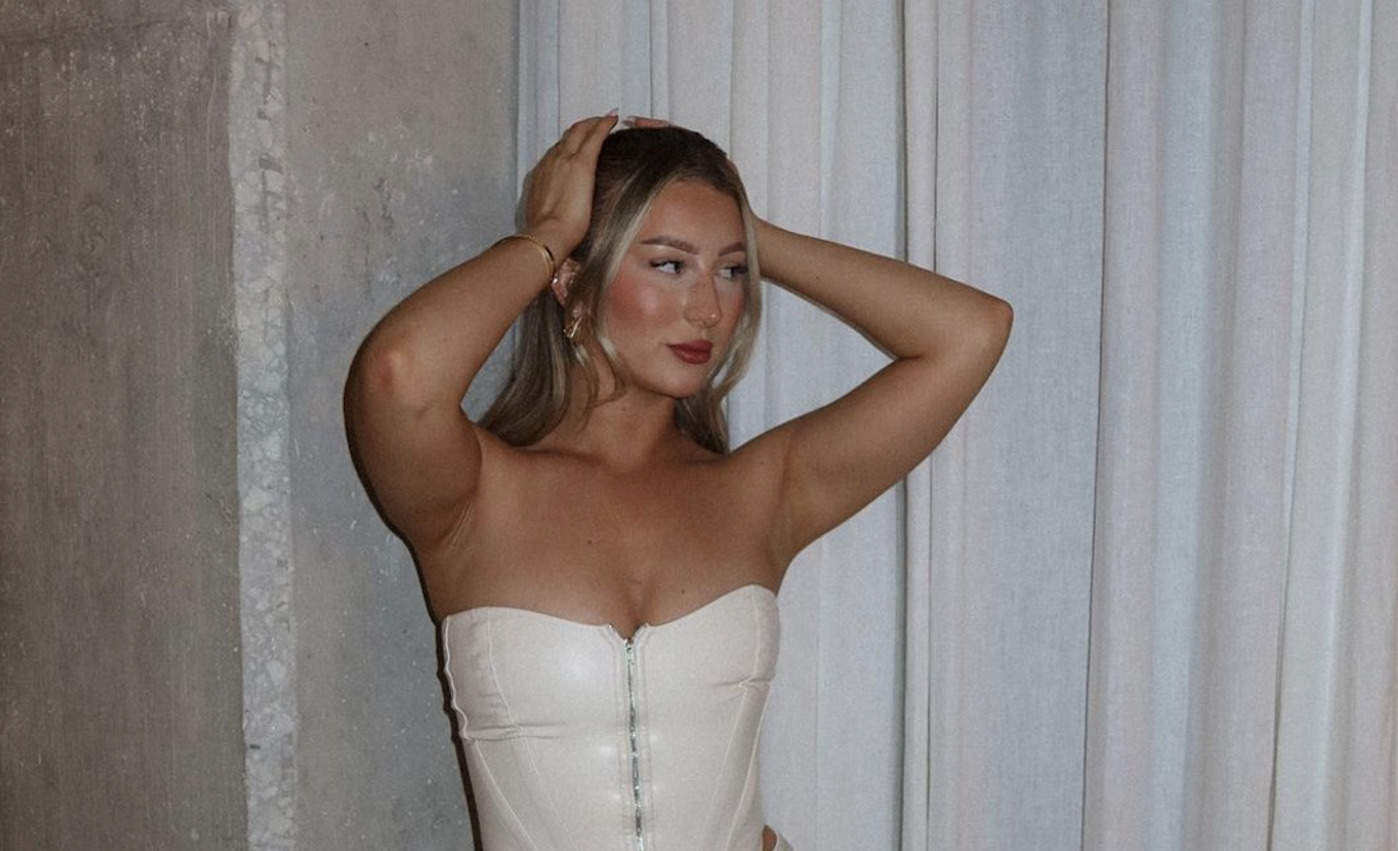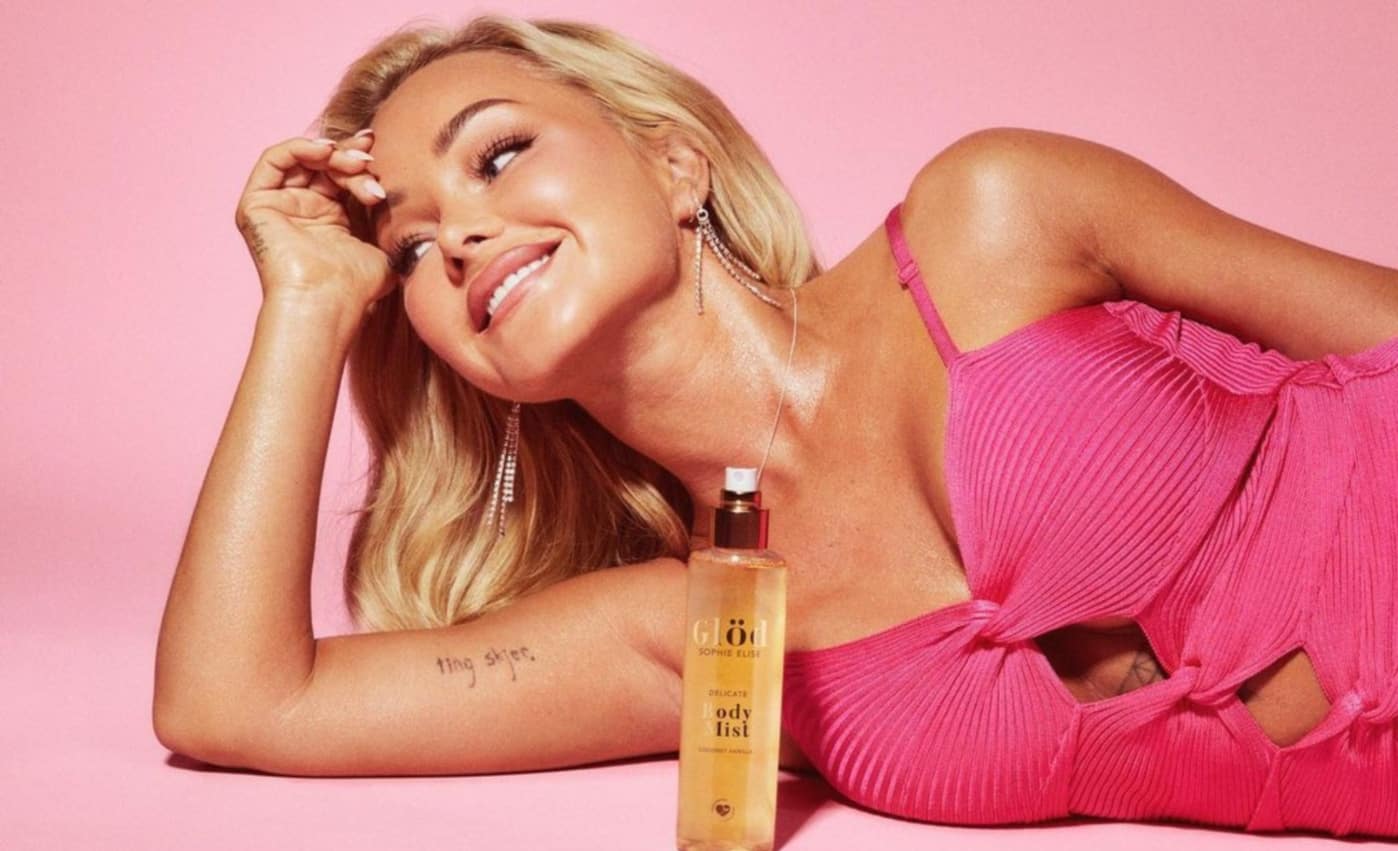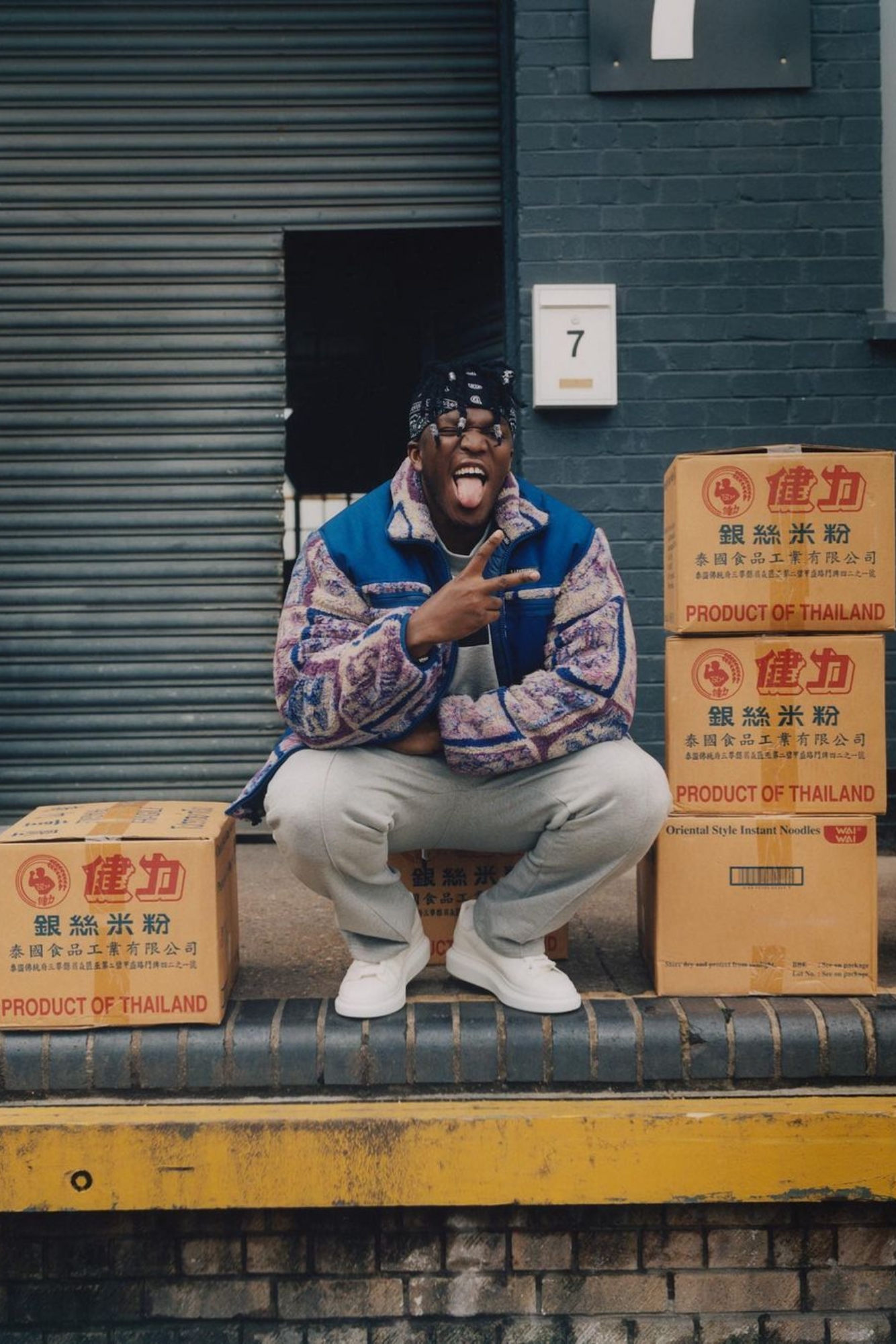When Swedish influencer Matilda Djerf launched her lifestyle brand Djerf Avenue in 2019, her fans rejoiced. She promised timeless pieces made ethically and sustainably, inspired by her signature Scandi-girl style. The brand quickly gained a cult following but when it started cracking down on dupes earlier in October, fans were not happy.
#DjerfAvenue has more than 588 million TikTok views, the brand’s Instagram account has more than 620,000 followers. Fans have posted their extensive Djerf Avenue collections and its founders, Djerf and her boyfriend Rasmus Johansson, featured on Forbes’ 2023 30 under 30 retail and e-commerce list. In 2022, the company’s revenue was $34.5 million (£2.8 million), up from $1.8 million (£1.5 million) in 2020. The brand’s success was widely publicised.
Then earlier in October, Djerf Avenue began contacting creators who had posted about dupes of its products and had their content removed. TikToker Aliya Sumar’s video discussing the trademark warnings she was issued has been viewed more than 763,000 times. Sumar had been a fan of Djerf and her brand, and even said in the banned videos that the Amazon versions didn’t measure up to the originals.
You may also like
Micro-influencer Bela received the same warning and claimed the brand was going after small creators, and that her videos were no longer being pushed out by TikTok. Even those posting about genuine Djerf Avenue products, such as Erica Stolman Dowdy, were contacted by the brand and notified of copyright concerns. #DjerfAvenueControversy now has more than 1.5 million TikTok views.
@belakarw #greenscreen @aliya i support you queen! #djerfavenue #matildadjerf #djerfavenuehaul
Creators were quick to comment that many Djerf Avenue products are dupes of other brands. Pieces previously worn by Matilda Djerf, such as trousers from Jacqswim and a LeApt shirt, are strikingly similar to products her brand later launched. The high price point of her brand’s items was also criticised. Additionally, it seems the trademark application for the Djerf Avenue fruit print was denied by the European Union Intellectual Property Office (EUIPO), meaning the copyright infringement claims were baseless.
Amid the criticism, Djerf deactivated her TikTok account and her brand issued a statement saying: “Any types of videos/content with our prints that are used on non Djerf Avenue items, such as ‘dupes’, will automatically be reported due to copyright infringement by our IP firm and is consistently removed by content platforms in accordance with their infringement policies.” The company also said it would stop reporting videos from creators and instead focus on businesses selling dupes of its products.
But it’s not all over for Djerf. Many commentators have noted that women in business are held to a different standard than men, and that her company protecting its designs is a normal thing for businesses to do. Others are claiming the creators promoting Amazon dupes are supporting stealing designs and purchasing from an unethical company.
What can brands learn from this? Be wary of taking on dupes, which are engrained in internet culture, particularly on TikTok. See viral haircare brand Olaplex’s recent PR stunt where it launched Oladupé, which consumers believed to be a copycat product. Fans signed up to the website and received real Olaplex products instead – proving there are no dupes for the original.
By Dina Zubi, news and features writer for CORQ.










Matilda Djerf has defined mainstream style for a whole generation in 2022 – here’s how she did it